Has Diesel had its day?
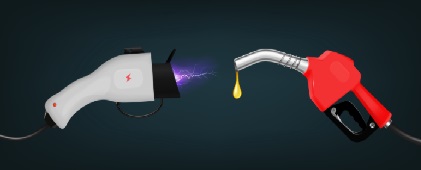
In recent years the automotive industry has made moves towards a more sustainable future. The UK has made a commitment to banning the sales of new petrol and diesel cars by 2030, does this mean that the era of diesel vehicles is gradually coming to an end?
The UK Government has made a move towards encouraging electric and hybrid vehicles, this would urge automakers to invest in cleaner technologies, which in turn will align with the country's commitment to achieving net-zero carbon emissions by 2050.
Although there is a shift in the market, diesel vehicles remain important in the UK Market as Diesel vehicles offer fuel efficiency, which allows drivers to cover longer distances on a single tank of fuel compared to petrol vehicles. This makes diesel an attractive option for individuals who frequently undertake long journeys or for those who rely on their vehicles for business purposes, such as delivery drivers or long-haul transportation.
Diesel vehicles also continue to be valued in the UK market for their substantial torque output, making them well-suited for towing heavy loads. Industries such as agriculture, construction, and logistics will often need vehicles that can haul significant weights, and diesel engines provide the necessary power and durability to be able to complete these tasks. The robust torque of diesel engines gives efficient and reliable towing, which is essential for businesses and individuals who are involved in these sectors. As a result, diesel vehicles remain a practical choice for those who require substantial towing capacity and dependability in their day-to-day operations.
Source: https://www.autoexpress.co.uk/news/108960/uk-2030-petrol-and-diesel-ban-what-it-and-which-cars-are-affected#:~:text=New%20conventional%20petrol%20and%20diesel,everything%20you%20need%20to%20know&text=All%20new%20conventional%20petrol%20and,in%20the%20UK%20in%202030

Designged by FreePik <a href="https://www.freepik.com/free-vector/eco-fuel-realistic-design-concept-with-gas-handle-pump-nozzle-charging-connector-electric-vehicle-vector-illustration_39926694.htm#fromView=search&page=1&position=1&uuid=1ecaaa7d-b63f-4d77-b08a-9363acf39438">Image by macrovector on Freepik</a>
UK Considers New Laws to Improve Electric Vehicle Battery Longevity and Consumer Confidence
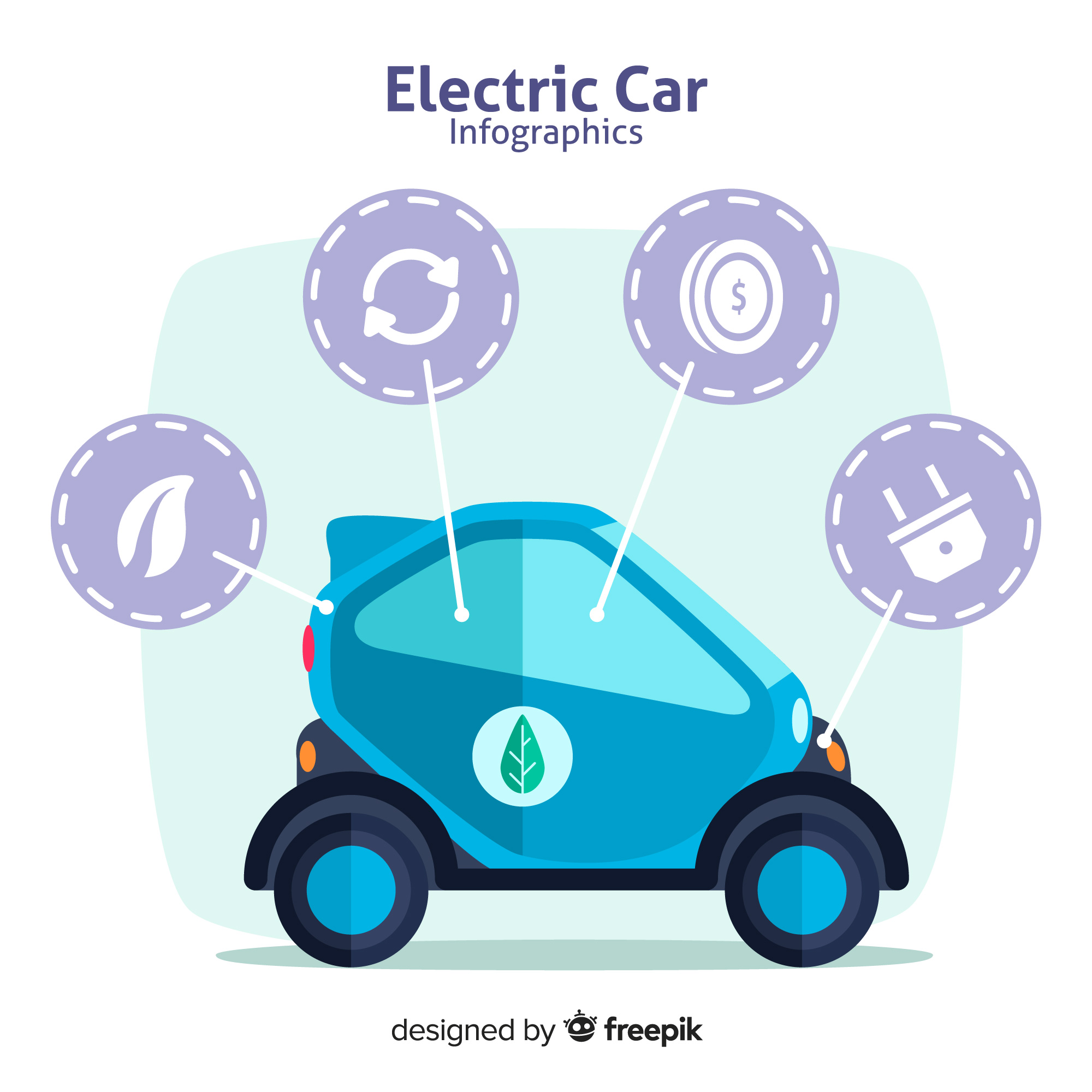
The UK government is considering making new laws to deal with ensuring electric cars’ longevity. Over time, the battery in an electric car can lose power, which means the car cannot drive as far and costs more money to fix. The new laws could make electric car makers tell people how much the battery will lose power and make them give a guarantee that the battery will still work well for a certain amount of time.
If the new laws happen, it could make people feel surer about buying electric cars because they know the battery will work well for a longer time. This might also make electric car makers try to make better batteries that last longer. If more people use electric cars, it can help the environment by making less pollution and better air in cities.
Source: https://www.fleetnews.co.uk/news/latest-fleet-news/electric-fleet-news/2023/05/02/government-considers-new-electric-vehicle-battery-degradation-laws
Ford's Self-Driving Mustang Mach-E Hits the Road in the UK
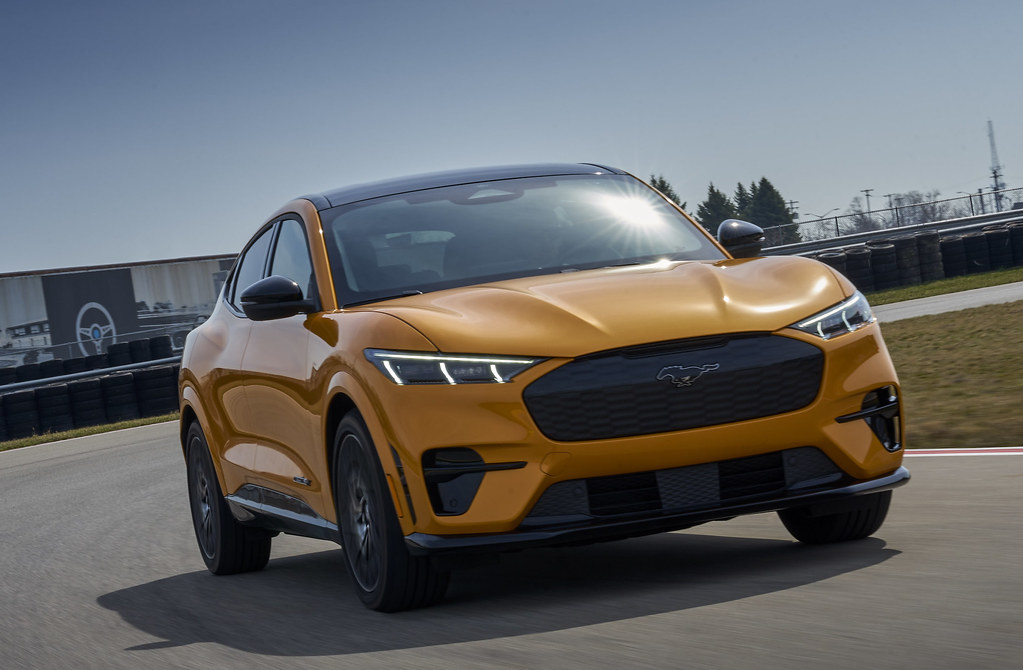
Ford has announced that it will release its first self-driving car in the UK, the Mustang Mach-E, which will be capable of hands-free driving on British motorways. The vehicle will be equipped with advanced sensors and cameras, and algorithms to drive itself on motorways, with the driver only needing to take control when exiting the motorway or in other specific situations. The announcement comes after the UK government approved the use of autonomous vehicles on motorways earlier this year.
The Mustang Mach-E will be the first autonomous vehicle to be approved for use on British motorways, marking a major milestone for the industry. Ford has been testing self-driving cars on public roads in the UK for several years, and the release of the Mustang Mach-E is a significant step towards the commercialization of autonomous vehicles. Ford plans to launch the vehicle in the UK later this year, with prices starting at around £40,000. As the technology continues to advance, it is expected that more self-driving cars will hit the roads in the coming years, offering a safer and more efficient way to travel.
Source: https://www.standard.co.uk/tech/ford-self-driving-car-uk-release-launch-b1073823.html
https://www.thetimes.co.uk/article/first-driverless-car-approved-for-british-motorways-59bhw0zdb
UK Government to Introduce Zero Emission Vehicle Mandate from 2024
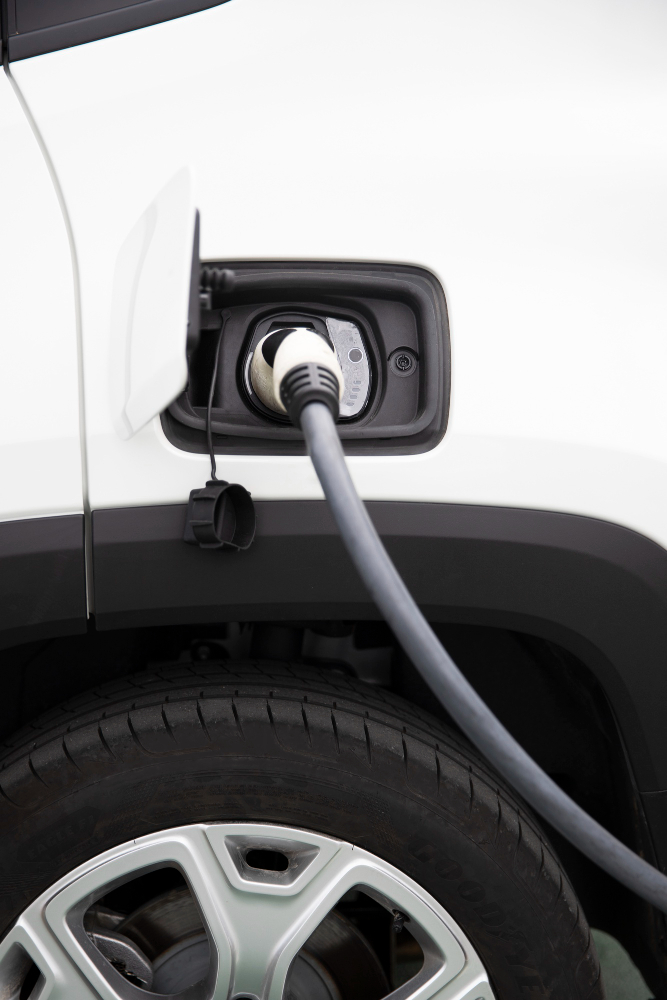
UK Government to Introduce Zero Emission Vehicle Mandate from 2024
The Government in the UK has launched a world-leading consultation on its Zero Emission Vehicle (ZEV) Mandate, which sets ambitious targets for the sale of new zero-emission vehicles. The main aim of this mandate is to kickstart more of a competitive electric vehicle market, this comes as a part of a host of announcements around the nation’s road to net Zero and sustainable energy. Under the mandate, manufacturers will be required to sell an increasing proportion of their total UK sales as ZEVs each year to meet the UK’s 2030/2035 phase-out targets. The ZEV mandate will be introduced in the UK in January 2024.
In response to today's news, BVRLA Chief Executive, Gerry Keaney, said:
“The ZEV mandate is a critical tool in the UK meeting its ambitious Net Zero targets. The clarity given today will give fleets and motorists the confidence to continue their decarbonisation journey and accelerate the transition to zero-emission transport.
“We now need supply to keep pace by providing a wider range of vehicles at all price points. The ZEV mandate will help to ensure the right vehicles are coming to the UK, allowing more drivers to make a swift switch to electric.”
The government will be consulting on the details of this scheme until May 2023.
Source: https://www.bvrla.co.uk/resource/zev-mandate-consultation-update.html

Designed by www.freepik.com ( https://www.freepik.com/free-photo/close-up-electric-car-charging_19868496.htm)
The increase in Electric Vehicle Finance Deals
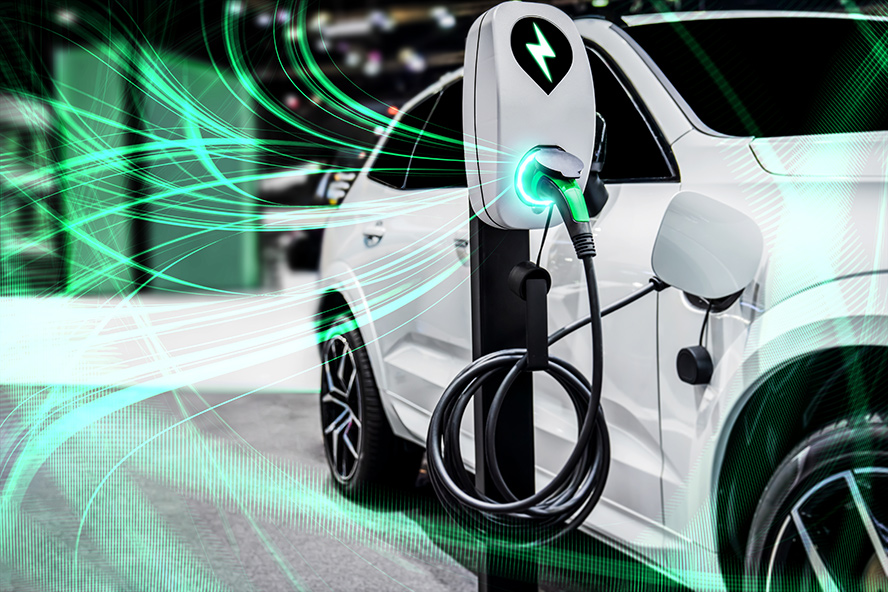
Electric cars have become an increasingly popular choice for vehicle buyers, and the latest data suggests the demand for financing electric vehicles has significantly increased in the past year. Car Plus has found that there has been a 200 per cent rise in the demand for electric car finance in the past 12 months. The surge in demand is said to be due to the decreasing costs of electric vehicles as well as awareness of the environmental benefits of using an Electric vehicle.
This study has also found that the obstacles for consumers switching to electric vehicles would be the lack of charging infrastructure and range anxiety. Despite this, the overall increase in demand for electric car finance suggests that more people are becoming interested in making the switch to electric cars and that the market for electric vehicles and associated financing options is set to continue growing in the coming years
Source: https://carplus.co.uk/magazine/electric-car-finance-demand-increased-200-in-past-12-months/
CC Leasing proudly sponsors Timoth Football Club

CC Leasing are delighted to have the opportunity to extend our support to Timoth FC through our sponsorship.
Timoth Football Club was created in memory of Timothy McKenna; an inspirational man who loved football. Timothy dedicated most of his life to coaching teens and creating a safe space for them to feel valued and loved.
Timoth FC was set up for men to play football and primarily focuses on mental health and mental health recovery. With Suicide being the leading cause of death in men under 34, studies have shown that cardiovascular activities for 15 minutes a day can reduce depression by up to 26%. A friendly, supportive football game can significantly decrease this even more.
Jeni Ambrose. Managing Director of CC Leasing had the pleasure of attending Timoth FC's first pre-season friendly, alongside the team's fellow sponsor, Joe Wicks also known as The body coach and we were delighted to witness their fantastic victory!
We wish Timoth FC the very best for the work they do and of course, future wins for seasons to come!
“Providing firm foundations, guidance and love, to teach men to fly”
- The Timoth Way.



Going electric in 2022
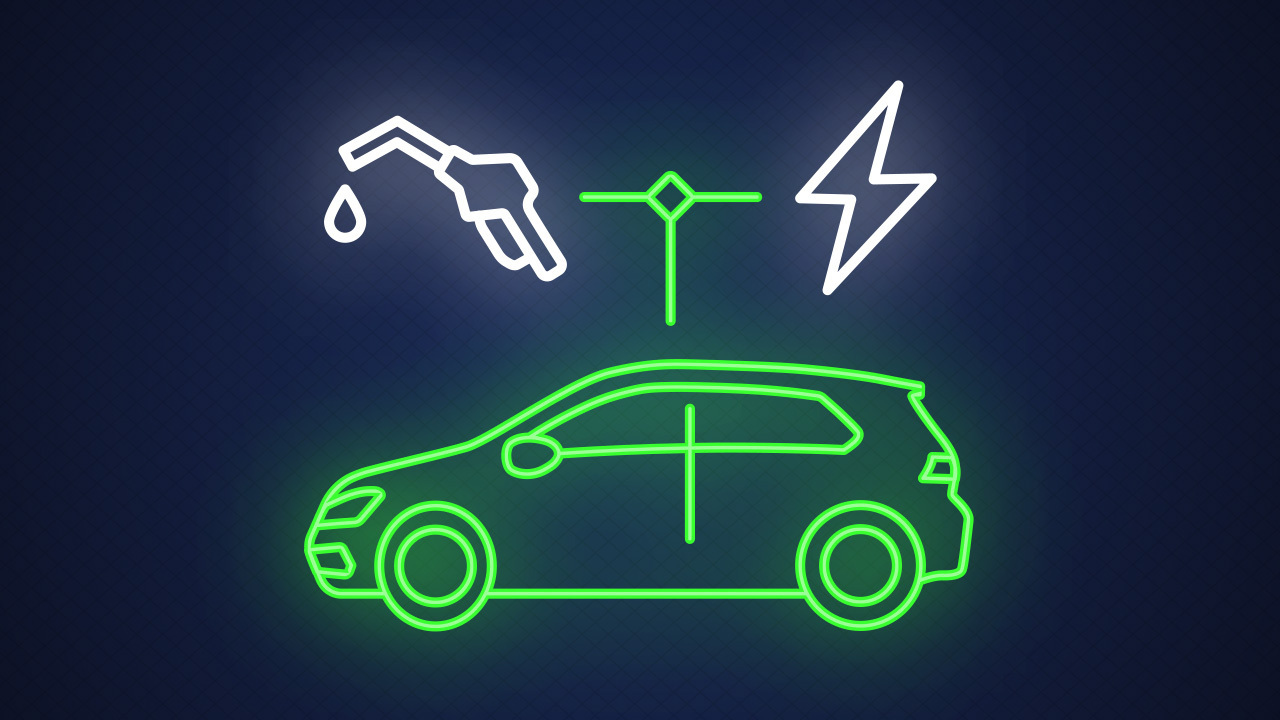
Today, its all about going electric, as opposed to relying on fossil fuels, in order to reduce our carbon footprint. The automotive industry was one of the earliest to join the bandwagon, in 2006 a Silicon Valley start-up announced they would produce a range of luxury all-electric sport vehicles with a range of over 200 miles. Now, most people refer to them as Tesla.
However, if you’ve recently decided to switch to electric, you may have been surprised by the numerous definitions of the term “Electric Vehicle” (EV).
A typical EV is powered solely by re-chargeable batteries (BEV), powering the entirety of the vehicle (motor, infotainment, lights, etc…). You’re probably thinking these batteries don’t last long either. Well, on one full charge a standard Tesla Model 3 has a range of around 300 miles (WLTP range) , a Polestar 2 (Standard) can do around 340 miles (300) and a standard Ford Mach-E GT will do about 240 miles. Although, you’ll find the higher spec models do have a significant boost in range, just make sure your wallet can go the distance too.
Another type of EV you may have noticed is an electric hybrid. And, as if things weren’t complicated enough, you can get yourself a Plug-in Hybrid (PHEV) or a “self-charging” hybrid (HEV). Hybrids use the generosity of an electric motor and an internal combustion engine, but differ in terms of re-charging the batteries. A PHEV requires you to recharge the batteries by plugging them into the grid whereas an HEV is able to recharge the batteries using the engine (i.e., while you’re driving). Both also use regenerative braking (converting the kinetic energy from braking into electricity) to recharge. Some examples of PHEVs and HEVs include the Fiat 500e, Hyundai IONIQ and the Volvo XC90 and Toyota Prius, respectively.
Finally, if you really want to stand out from the crowd, you could get yourself a Fuel Cell Electric Vehicle (FCEV). These exotic animals run on a fuel cell that takes liquid nitrogen and converts into electricity. The main selling point of a Hydrogen powered car is that it can be refuelled in a similar fashion to petrol by filling the tank with liquid Hydrogen. That being said, they aren’t as common as battery powered EVs as they wear a heavy price tag and users don’t have the abundance of fuel stations their electric counterparts do. Currently, the Toyota Mirai and the Hyundai ix35 Fuel Cell are the only 2 available FCEVs in the UK.
Now you understand everything you need to know about the EV family, all you need to do is to decide whether you want to join it. Increasing demand and availability of EVs this year, along with government support, has led to over 530,000 BEVs on the road, in addition to over 400,000 PHEVs alongside them. The EV market is taking over!
Despite rising electricity charges, EVs remain cost effective

According to Andrew Leech, MD and founder of the electric vehicle salary sacrifice and fleet management provider, Fleet Evolution, an EV provided under a salary sacrifice car scheme remains far more cost and tax efficient than an equivalent Internal Combustion Engine model.
This is not just because of the lower fuel costs, but also because of the all-inclusive nature of the terms of the scheme, which typically includes all SMR, tyres, windscreen, breakdown and recovery and insurance costs. With the price of oil in the world market constantly rising, the salary sacrifice electric car scheme is becoming a more and more attractive option for employees.
Leasing broker fleet reaches new record

According to BVRLA, the leasing broker fleet has grown by 2.7%, a new record. Surpassing 400,000 vehicles for the first time, despite extremely long lead times.
Paul Parkinson, chief executive and founder of Synergy Car Leasing and chair of the BVRLA’s Leasing Broker Committee, said: “Leasing brokers have shown how resilient they can be in recent years, dealing with Brexit, covid, a vehicle supply crisis. While the total fleet size has continued the long-term trend of growing year on year, fewer new vehicles have been added when compared to 2021. Vehicles being kept on fleet for longer has therefore contributed to the total growth, as BVRLA members have adapted to the supply challenges to meet customer needs.
Ford Fiesta to be discontinued
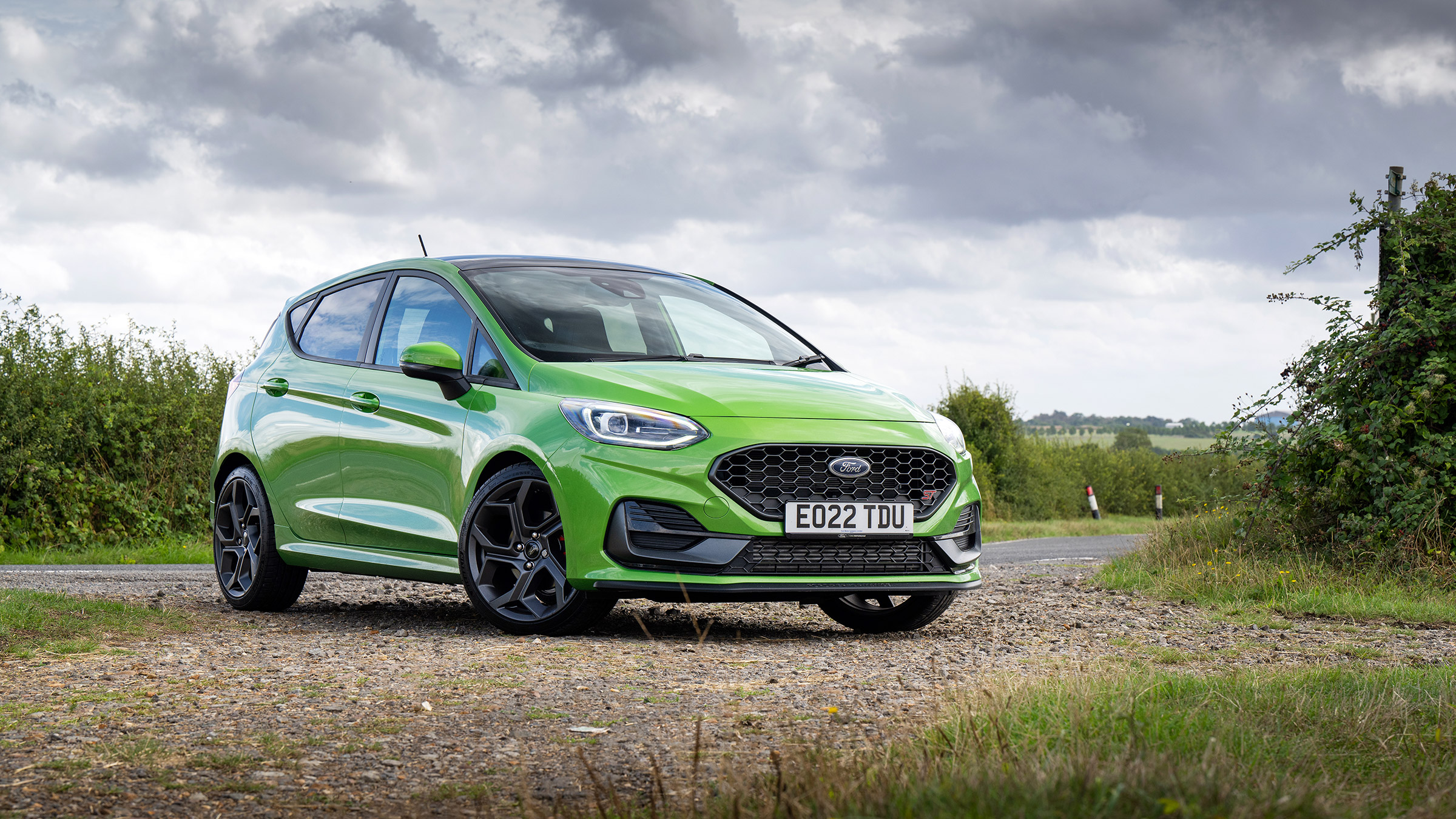
After 46 years, the beloved Ford Fiesta will be discontinued from June 2023.
Having sold almost 5 million Fiestas and being the biggest seller for 12 consecutive years, this hot hatchback will be dearly missed. This is due to Fords efforts to "go all in on electrification", with production mainly focused on the new electric models such as the Mach E GT and E-Transit Van. Following this announcement, they have also announced they will be introducing seven new all-electric vehicles in the near future, three of which being passenger vehicles and four being commercial vehicles.Despite the Fiesta's popularity, Ford said they have no plans to reinvent an all-electric version.The Fiesta is not the only one to miss out on the eco-friendly transformation, for example, the Ford Focus, another loved Ford vehicle ending production in 2025, won't be getting a resurrection.
Global vehicle shortage. Why you need to order ASAP to secure your place in the queue

A global shortage of the semiconductor chips, used in much of the tech we use every day, including our mobile phones, laptops and most relevantly to our customers, our vehicles, is causing long delays in production, even now the world is starting to open up a little more.
Due to the unusually high demand of personal tech for homeworking and schooling, alongside a slowing of production, caused by sickness, protective laws and distancing regulations during covid, cracks were already appearing at the start of the year and some delays were starting to be announced. A devistating fire in March just gone at a major factory producing the semiconductor chips in Japan, has meant production of vehicles has ground to a halt until the parts can catch up, with many major manufacturers, such as Ford, Volkswagen and Vauxhall having made the decision to close their factory doors, leaving anyone with a vehicle on order, uncertain when they may see their new van or car.
Volkswagen are currently quoting 12 month delays on factory orders, whilst Vauxhall are unable to give dates until the factory reopens and Ford are anticipating December or even early 2022 for any new orders (these dates are not confirmed, due to the nature of the problem and may well move and change either way; we are hoping for the better!).
If you have any concerns about a vehicle you have on order, please contact your consultant, who will be able to advise as best they can on the status of your order.
-
Experience the Future: The New All-Electric Ford Explorer Unveiled
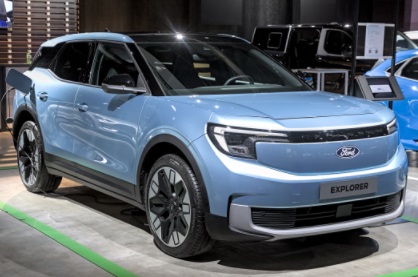 Revolutionary Features The New All-Electric Ford Explorer WLTP Range is packed ...Read MoreIntelligent Speed Assistance Becomes Mandatory in New European Cars
Revolutionary Features The New All-Electric Ford Explorer WLTP Range is packed ...Read MoreIntelligent Speed Assistance Becomes Mandatory in New European Cars Intelligent Speed Assistance Becomes Mandatory in New European Cars Starting ne...Read MoreComparing Costs: Are Electric Vehicles Catching Up to Petrol Cars?
Intelligent Speed Assistance Becomes Mandatory in New European Cars Starting ne...Read MoreComparing Costs: Are Electric Vehicles Catching Up to Petrol Cars? Many experts predict that by 2026, Electric Vehicles (EVs) will cost the same up...Read MoreHybrid Vehicles: Exploring Types and Varieties
Many experts predict that by 2026, Electric Vehicles (EVs) will cost the same up...Read MoreHybrid Vehicles: Exploring Types and Varieties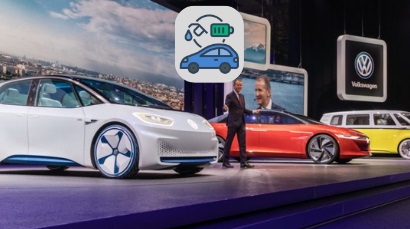 Hybrid Vehicles: Exploring Types and Varieties There has been a rise in electri...Read MoreAll About the Diesel Particulate Filters
Hybrid Vehicles: Exploring Types and Varieties There has been a rise in electri...Read MoreAll About the Diesel Particulate Filters Diesel particulate filters are necessary to reduce the amount of harmful particl...Read MoreThe 2024 Business Vans Awards: Celebrating the Best in the Industry
Diesel particulate filters are necessary to reduce the amount of harmful particl...Read MoreThe 2024 Business Vans Awards: Celebrating the Best in the Industry After much anticipation, the results for the 2024 Business Vans Awards are final...Read More
After much anticipation, the results for the 2024 Business Vans Awards are final...Read More




